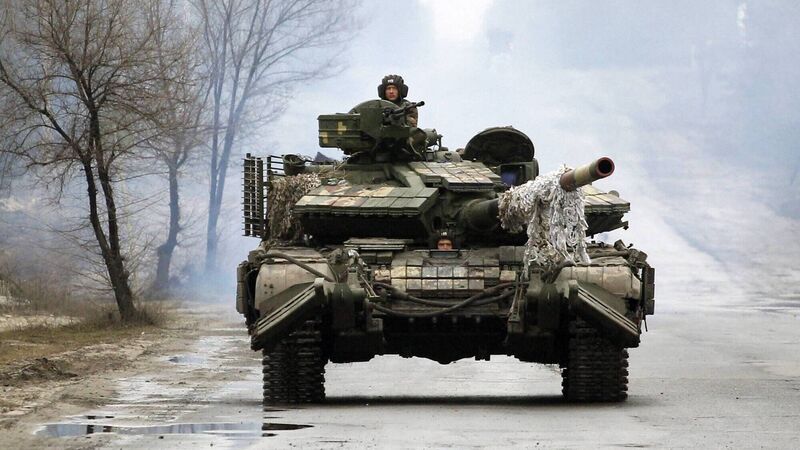Jim Power: Conflict in Europe will only prolong inflation and heighten cost of living pressures

Russia's invasion of Ukraine will have huge economic consequences globally, with one being inflation likely staying higher for longer.
Just as the world was starting to emerge from the pandemic and there was a semblance of normality returning, everything has once again been thrown into turmoil by the Russian invasion of Ukraine.
Although things had been building up for some months, there was still an air of uncertainty about Vladimir Putin’s real motives, but, when news broke on Thursday morning that the Russian offensive had started, it felt a lot like 9/11.











